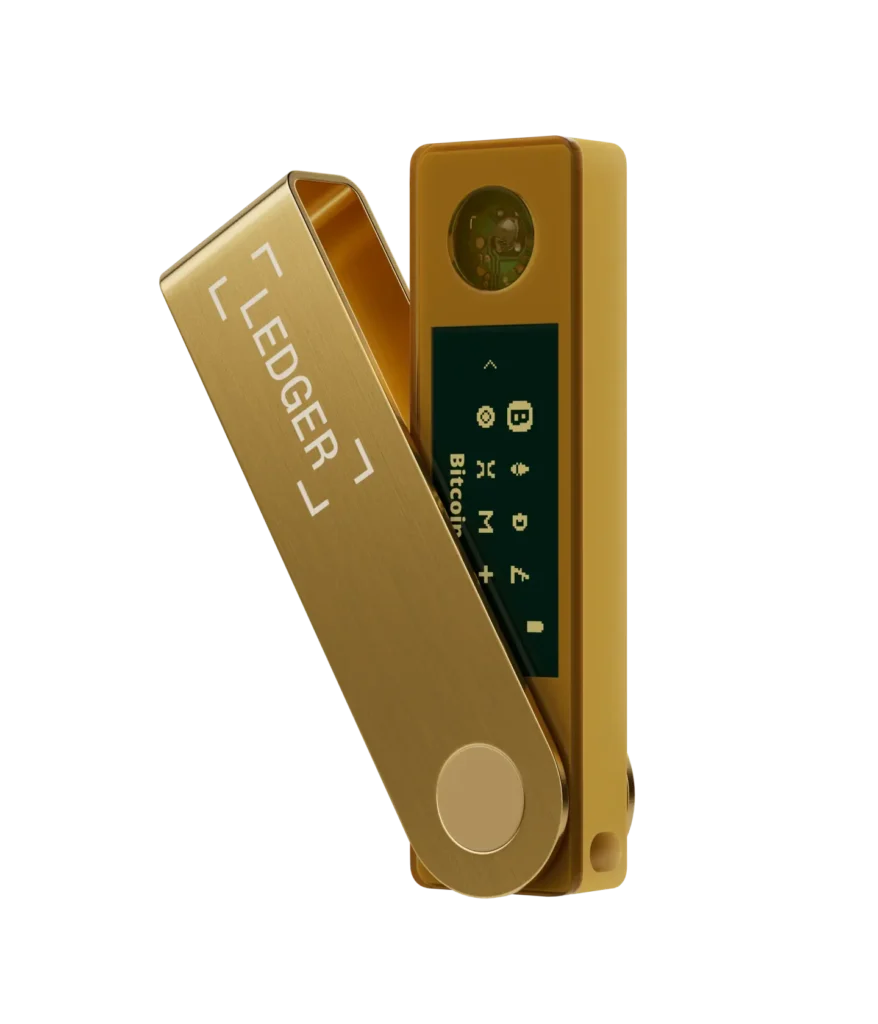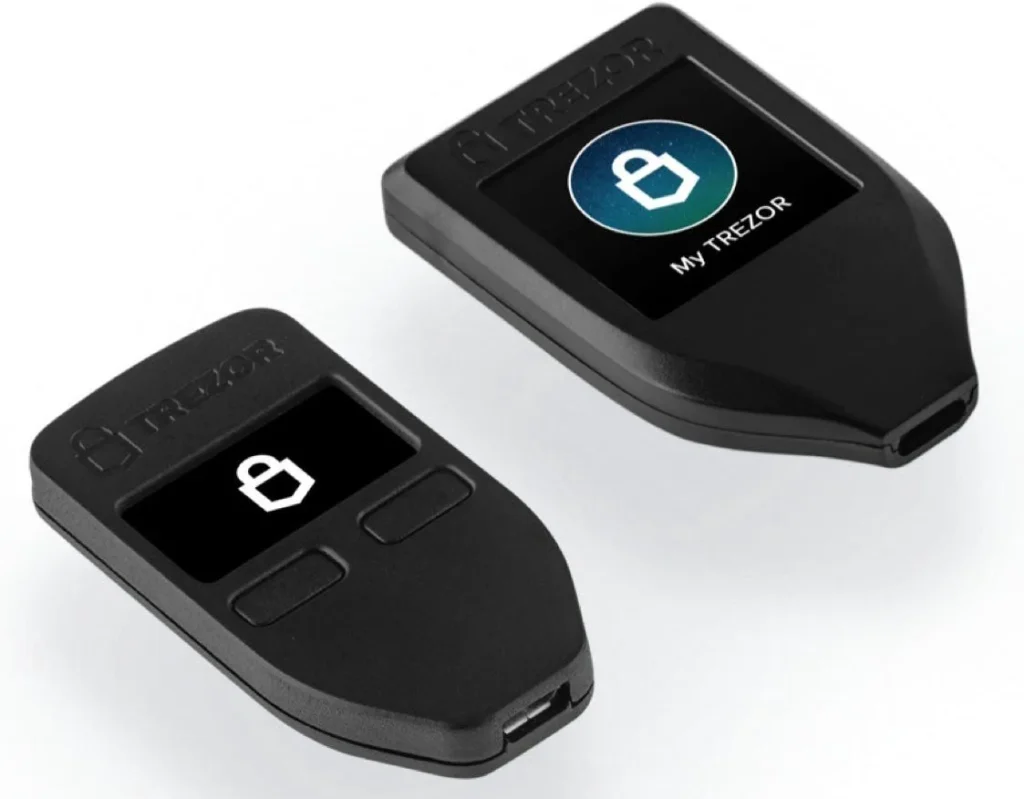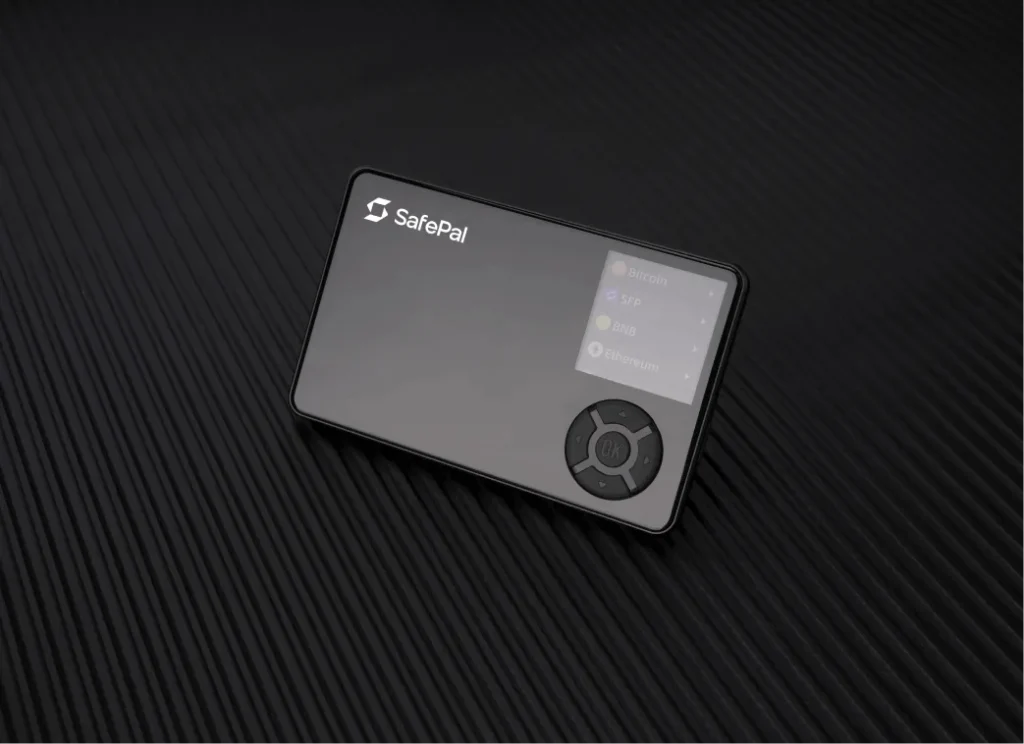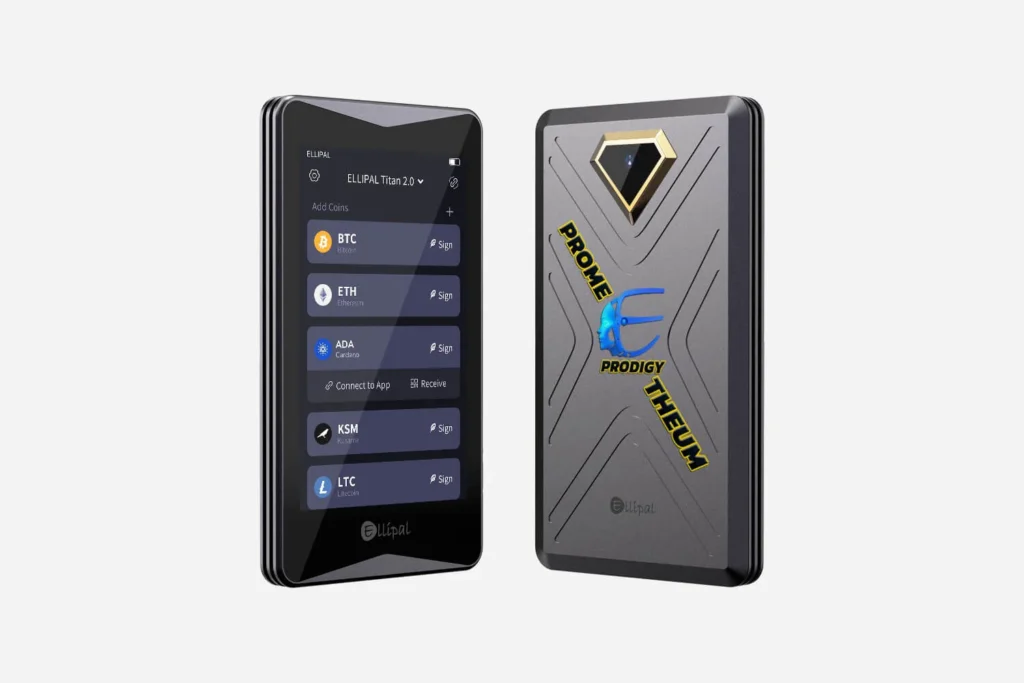Which Crypto Cold Wallets Are Thai Users Trusting in 2025?
Holding Crypto in Thailand in 2025? Cold Wallets Are Taking Center Stage
Crypto ownership in Thailand has skyrocketed in recent years—and so has the need for better security. With digital assets becoming a bigger part of personal finance, many users are rethinking where and how they store their coins. That’s where the crypto cold wallet Thailand trend comes into play. In 2025, cold wallets are no longer just for whales or DeFi nerds. Everyday Thai investors, from casual Bitcoin holders to NFT collectors, are turning to hardware wallets to keep their crypto safe from prying eyes and clumsy exchanges.
You’ve probably seen the news—phishing scams, fake apps, and even some smaller centralized exchanges going dark without warning. Combine that with Thailand’s maturing crypto scene, and it’s no wonder people are moving toward self-custody. Cold wallets offer something hot wallets never can: complete disconnection from the internet. It’s like storing gold bars under your bed… but digital.
What Makes a Cold Wallet Different?
Here’s a quick refresher: a cold wallet is any crypto wallet that stores your private keys offline. That could be a USB-style hardware wallet, a QR-based air-gapped device, or even a paper wallet (though we’re not really recommending that in 2025). On the other hand, hot wallets are apps or browser extensions—like MetaMask or your Binance wallet—constantly connected to the internet, which makes them super convenient but also easier to compromise.
Cold wallets give you full control. No third party. No server to get hacked. Just you and your private keys. If you mess up? That’s on you. But if you do it right? Your assets are as safe as they can get.
Thai Crypto Investors Are Getting Smarter About Security
Why now? For starters, Thai investors are getting more experienced. We’ve moved past meme coins and into staking, long-term HODLing, and NFTs with real value. With more money on the line, people are naturally getting more cautious. The rise in KYC regulations also plays a role—some users are uncomfortable keeping everything on centralized exchanges now that real-name verification is strictly enforced.
More importantly, cold wallets are just easier to get than before. In 2025, Thai users can buy legit hardware wallets on Shopee, Lazada, or directly from Thai crypto communities with localized support. No more waiting weeks for overseas shipping or dealing with customs headaches. And yes, we’ve seen scams there too, so it’s still important to double-check your source.

The Most Trusted Crypto Cold Wallets in Thailand (2025 Edition)
After comparing reviews from My-Best Thailand, Mitrade, and CryptoNews Thailand, four wallets consistently stand out as solid picks for Thai users in 2025.
Ledger Nano X – The Everyday Favorite
Let’s start with what many Thai users consider the default choice: the Ledger Nano X. It’s reliable, supports more than 5,000 tokens, and comes with a companion app (Ledger Live) that’s actually pretty easy to use—even if you’re new to this whole thing. One of its standout features is Bluetooth connectivity, which means you can use it on the go with your mobile phone. It’s not flawless, though. Some users are skeptical about Bluetooth and would prefer a fully offline experience. Still, with regular firmware updates and a growing Thai user base, Ledger remains a go-to option. Expect to pay somewhere between ฿4,000 to ฿5,500 depending on where you buy it.

Trezor Model T – For Those Who Value Transparency
If you’re more privacy-focused or want something open source, the Trezor Model T is worth a serious look. Unlike Ledger, Trezor doesn’t use Bluetooth—something security purists appreciate. Its touchscreen feels like a minor luxury, but the real appeal is under the hood: the firmware is open-source and thoroughly vetted by the crypto community. Some Thai developers swear by it. It is a bit more expensive—usually around ฿6,500—and a little bulkier than Ledger. But if control, transparency, and long-term trust matter to you, Trezor delivers.

SafePal S1 – Budget-Friendly but Secure
Not ready to splurge? You’re not alone. Many Thai users who are just starting out or holding smaller portfolios are turning to the SafePal S1. This wallet doesn’t connect to anything—not via USB, Bluetooth, or Wi-Fi. Instead, it communicates with your mobile app using QR codes. That might sound clunky, and yes, it can be slow, but it also means there’s no digital pathway for hackers. Binance Labs backs this one, which adds some trust. The price is attractive, too—around ฿2,200 to ฿2,800. For those dipping their toes into cold storage for the first time, it’s a smart entry point.

Ellipal Titan – Cold, Heavy, and Hardcore
Looking for something you could (almost) throw across the room without breaking it? That’s the Ellipal Titan. With a metal build, tamper-proof casing, and full air-gapped security, it’s practically a vault in your hand. Like SafePal, it uses QR codes for transactions—but with a much sleeker interface and better display. The downside? It’s a bit heavier and bulkier, which isn’t ideal for carrying around. Still, for high-net-worth holders or anyone storing long-term, this one’s a fortress. Price-wise, you’re looking at ฿5,800 to ฿6,500.

How to Choose the Best Crypto Cold Wallet Thailand Can Offer (For You)
It’s tempting to go for the flashiest one or just copy what your friend uses, but not every wallet fits every user. Here are some things Thai investors are considering in 2025:
- Language support: Some interfaces offer Thai, others don’t—though most apps are in English by default.
- Mobile integration: If you’re always on your phone, prioritize a wallet with a good mobile app like Ledger or SafePal.
- Where you’re buying it from: Ordering from verified Thai resellers is a good idea. It’s safer than getting scammed on global marketplaces.
- Storage & security: Don’t forget to think about where you’ll store the device and its recovery phrase. Floods, fire, humidity—all real issues in Thailand.
Also, a tip that’s often ignored: practice restoring your wallet using your recovery phrase. Do a dry run (with small funds) so you’re not learning under pressure when something actually goes wrong.
Final Thoughts: Is a Crypto Cold Wallet in Thailand Still Worth It?
In one word? Yes.
As more Thai users enter the crypto space—and as assets become more valuable—the risks of keeping everything online get harder to ignore. Hot wallets will always have their place for quick swaps, DeFi access, or staking. But for serious storage? For long-term value? Cold wallets are the gold standard.
It doesn’t matter whether you choose Ledger, Trezor, SafePal, or Ellipal—what matters is taking that step toward control. If you haven’t yet, maybe now’s the time. Because one thing most Thai crypto users agree on in 2025? It’s better to be safe than to read a horror story in a LINE group and realize… that could’ve been you.
If you’re holding digital assets, a crypto cold wallet in Thailand isn’t a luxury anymore—it’s just common sense.




